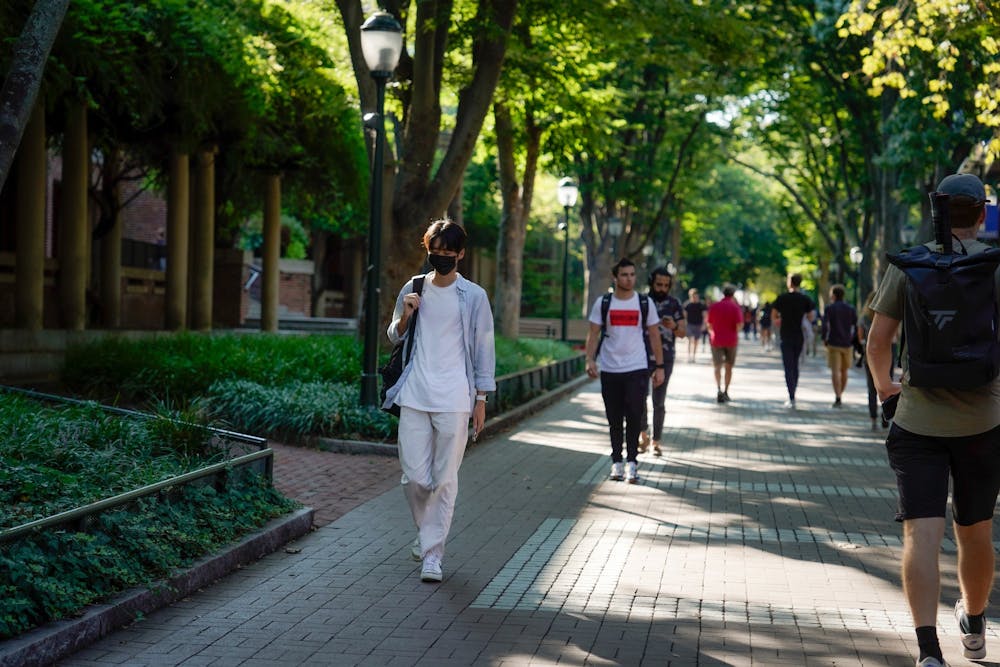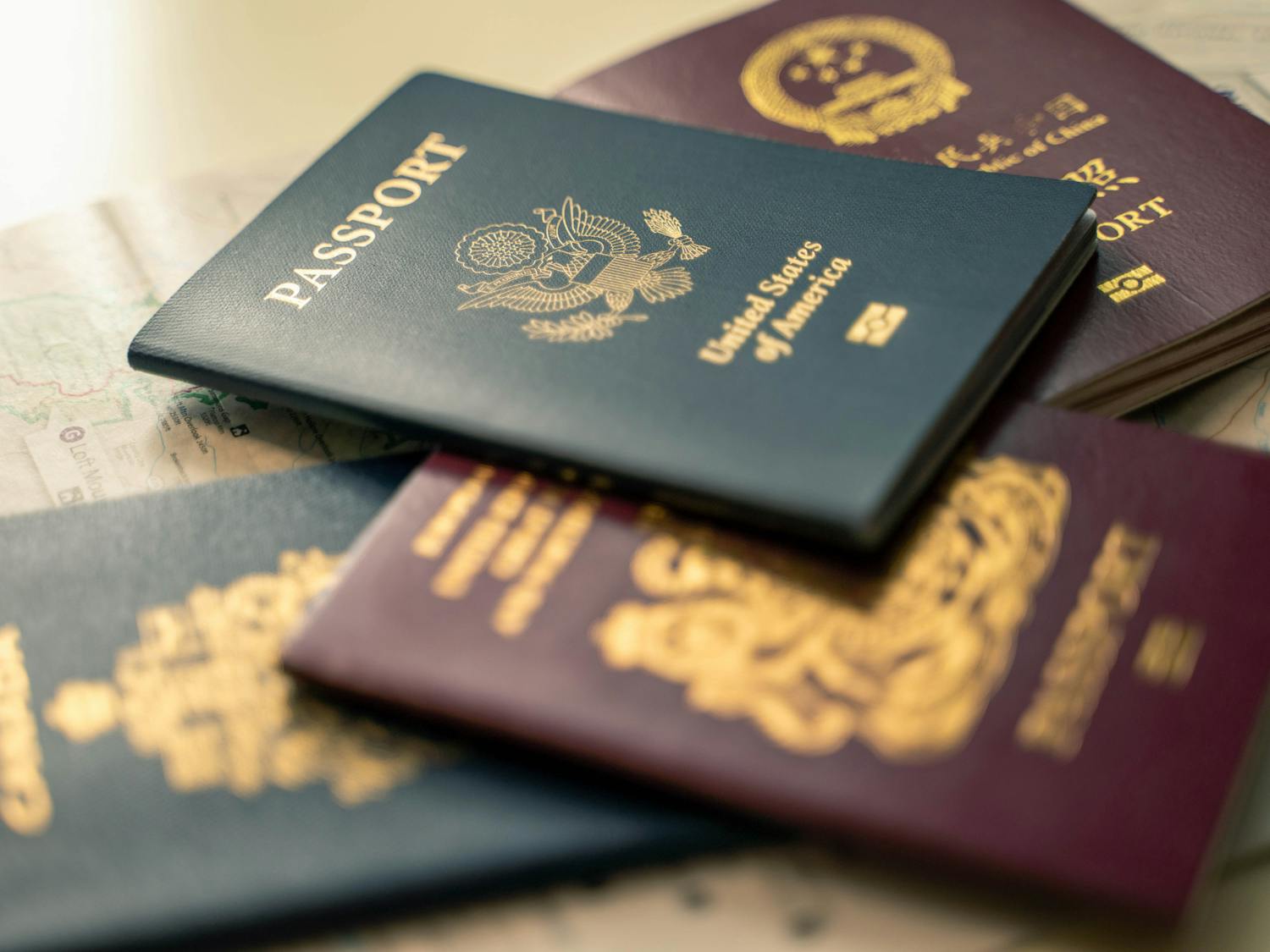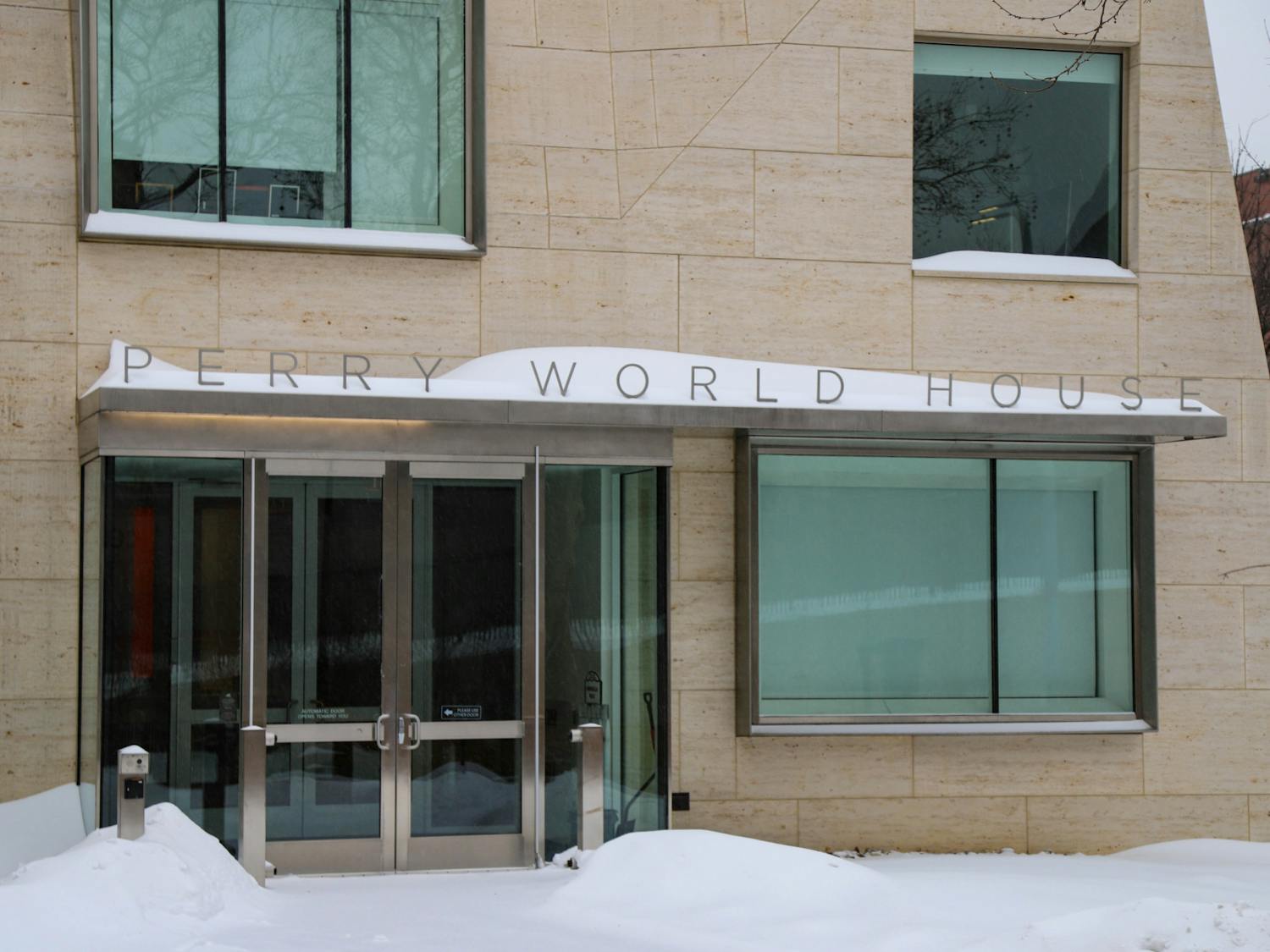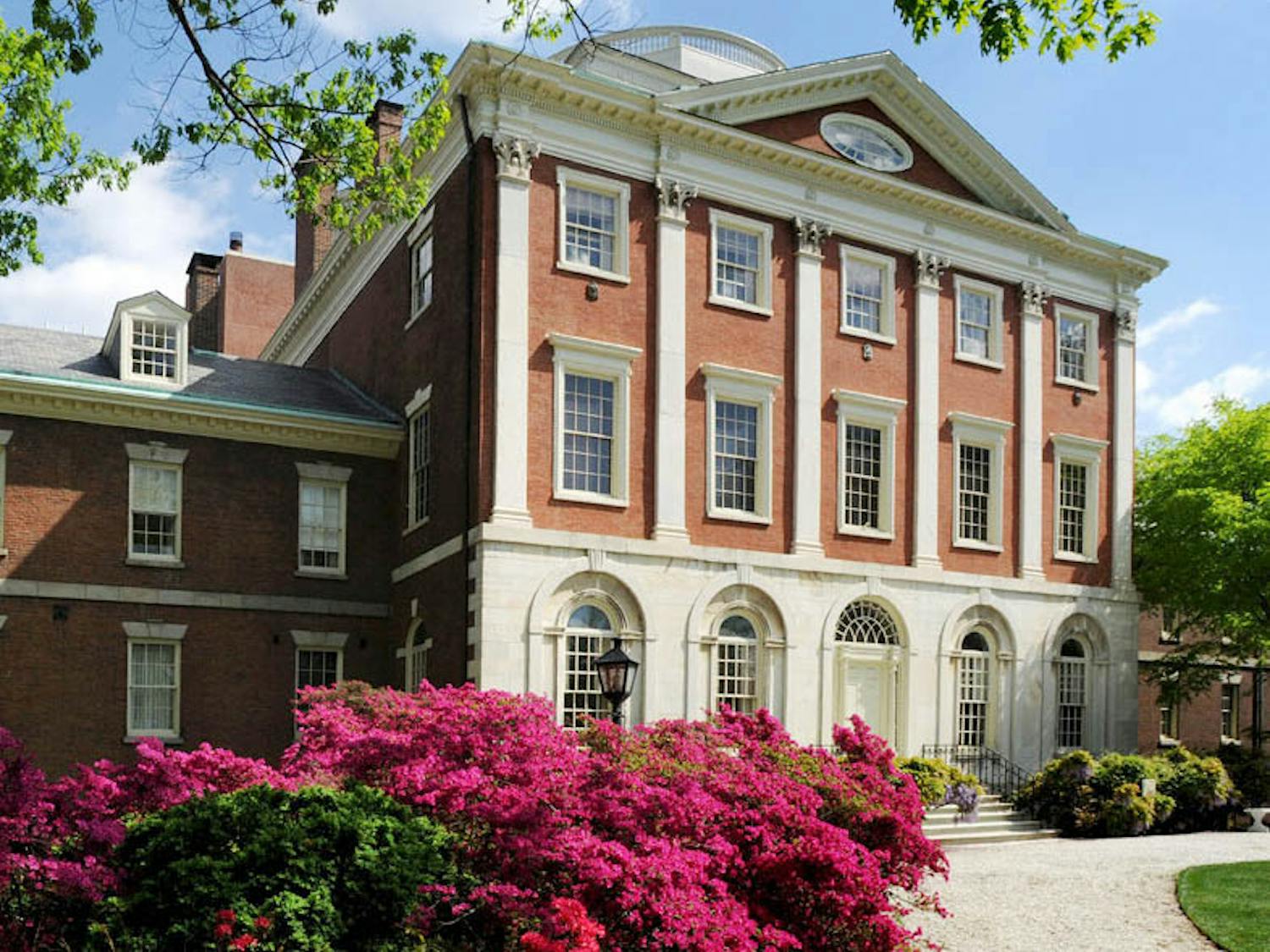The Graduate and Professional Student Assembly has voted to pass a $3.5 million annual budget, over $1 million of which is a carryover from past academic years.
Passed on Sept. 28, this year’s budget differed from a typical year's due to a large carryover amount from previous years — as a result of the COVID-19 pandemic, which halted much of GAPSA’s regular expenditures. GAPSA plans to increase its funding for Penn’s 12 graduate schools — known as the G12 — by 15%, according to Robert Watson, president of GAPSA and third-year law student enrolled in a dual degree program at Penn Carey Law.
As the only governing body for the nearly 13,000 graduate students enrolled across the G12, GAPSA is responsible for funding each graduate school, student groups, events, and initiatives that bring the graduate student body together.
“We're funding our programming and advocacy efforts even more, the most they've ever been funded,” Watson said. “This is one of the most significant budgets we’ve had.”
A new addition to this year’s budget was compensation for the government’s executive board. According to Director of Finance of GAPSA and fifth-year Ph.D. student in the School of Engineering and Applied Science Aalok Thakkar, this decision aimed to narrow disparities among the typical demographic of students that join GAPSA, making the organization more representative.
Many professional students who have taken on student loans opt to work at places like the libraries or Pottruck Health and Fitness Center because they can use those funds to pay their expenses, he said.
“We have very few first-generation and low-income students because it's a lot of work without any pay. We believe that bringing in exact compensation will help us address some of these issues, as well as bring more accountability to our roles,” Thakkar said.
Funding allocated for existing University Life programs and centers was also controversial, according to Watson, who said that he felt concerned about giving student government funds back to a university with a multi-billion dollar endowment.
RELATED:
Penn GSE awards Harold W. McGraw Jr. Prize to three educators, including a Penn graduate
Graduate School of Education dean 'expects to step down' in June, prompting search for successor
“It doesn't make much sense to have a student government with a budget, if that money is just going right back to the University. There's a reason that we have that separation, and students should be empowered with that money to focus on initiatives that they want to focus on,” Watson said.
Watson also questioned whether this allocation of funding could create an expectation of dependency on the University. While GAPSA has the final say on its budget, the Penn administration is allowed to advise the group and provide recommendations.
However, Wharton doctoral student and GAPSA's Director of Budget Emily Hu said that services like legal expertise and health care are often best provided by professionals, justifying this funding.
“As the budget director, I feel good about giving money to professionals who can provide those resources to Penn students, as opposed to me, providing to Penn students,” Hu said.
Funding the G12 schools was another point of controversy, which representatives from the School of Arts and Sciences spoke about at GAPSA's budget meeting — discussing a lack of funding and students’ need for additional help during this voting cycle. GAPSA allocates funding to individual schools through a process dependent on the size and enrollment of each school.
"There's perceived inequity between what different schools are getting," Hu said.
Hu added that there are several examples of the variance among different students' experiences — including the different policies concerning teaching assistant responsibilities and Ph.D. stipends, both of which are different across the 12 schools.
“It’s really bizarre to me that there’s so much inconsistency on these fundamental questions,” Hu said. “Across the board, Penn needs more consistent policies for the graduate student experience.”
Thakkar said that he hopes that more graduate students will engage with GAPSA.
“The challenge is that the graduate programs are very siloed. A lot of students might not even step out of their labs,” Thakkar said. “University Life is so decentralized for graduate students.”
GAPSA’s goal this year is to narrow some of these divisions while bringing new programming to fruition.
“There's a lot of really exciting stuff planned, especially because we were able to get the budget passed,” Hu said.
One of their flagship programs is the Spring Gala, which invites 2,000 to 2,500 students each year. This will be the first year GAPSA will return to hosting the Spring Gala after the pandemic.
“I'm excited for more programming. I have a lot of faith in the people who are part of GAPSA.” Hu said. “Overall, I'm an optimist.”









